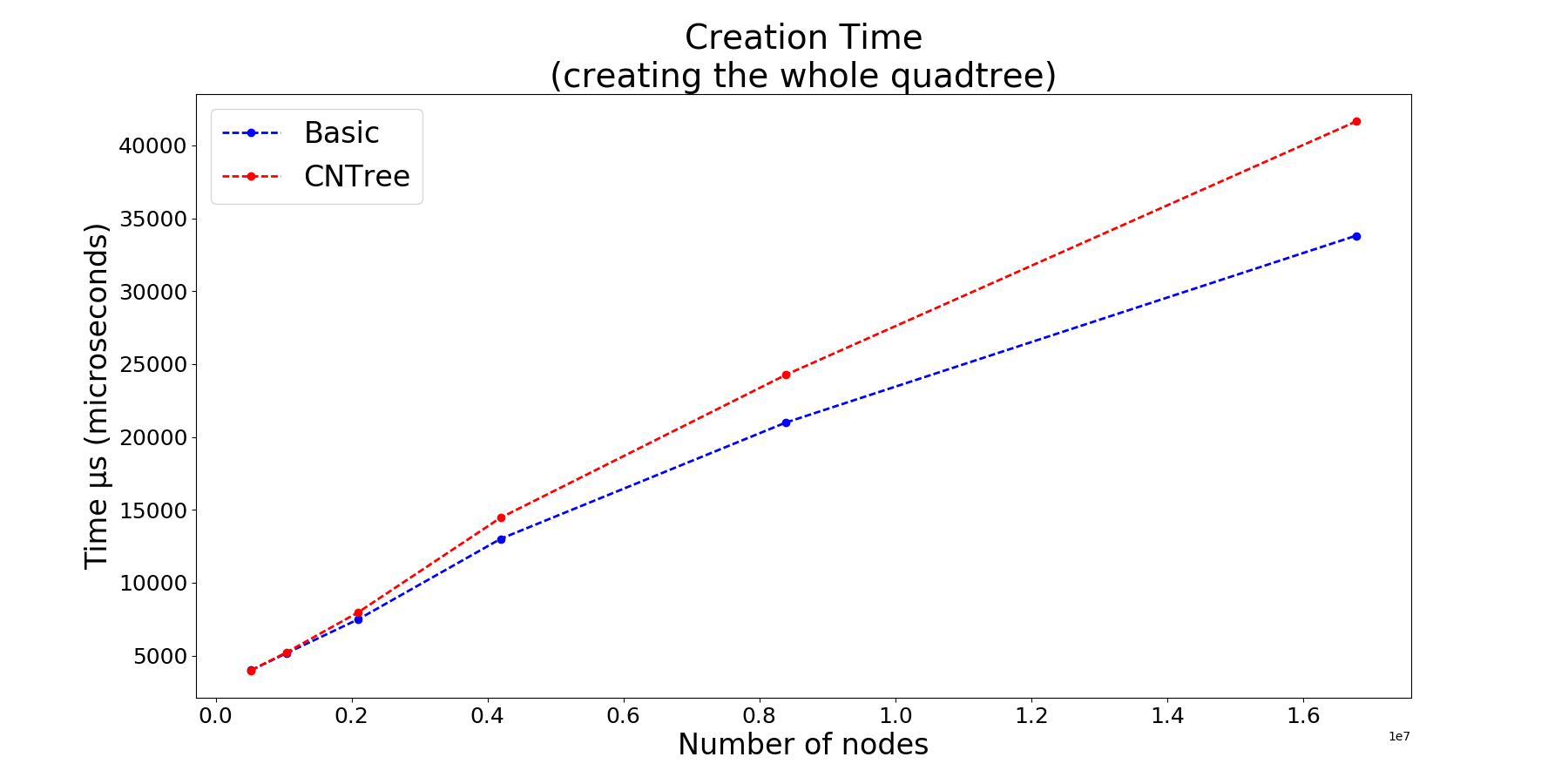FSM for Go
FSM is a finite state machine for Go.
It is heavily based on two FSM implementations:
-
Javascript Finite State Machine, https://github.com/jakesgordon/javascript-state-machine
-
Fysom for Python, https://github.com/oxplot/fysom (forked at https://github.com/mriehl/fysom)
For API docs and examples see http://godoc.org/github.com/looplab/fsm
Basic Example
From examples/simple.go:
package main
import (
"fmt"
"github.com/looplab/fsm"
)
func main() {
fsm := fsm.NewFSM(
"closed",
fsm.Events{
{Name: "open", Src: []string{"closed"}, Dst: "open"},
{Name: "close", Src: []string{"open"}, Dst: "closed"},
},
fsm.Callbacks{},
)
fmt.Println(fsm.Current())
err := fsm.Event("open")
if err != nil {
fmt.Println(err)
}
fmt.Println(fsm.Current())
err = fsm.Event("close")
if err != nil {
fmt.Println(err)
}
fmt.Println(fsm.Current())
}
Usage as a struct field
From examples/struct.go:
package main
import (
"fmt"
"github.com/looplab/fsm"
)
type Door struct {
To string
FSM *fsm.FSM
}
func NewDoor(to string) *Door {
d := &Door{
To: to,
}
d.FSM = fsm.NewFSM(
"closed",
fsm.Events{
{Name: "open", Src: []string{"closed"}, Dst: "open"},
{Name: "close", Src: []string{"open"}, Dst: "closed"},
},
fsm.Callbacks{
"enter_state": func(e *fsm.Event) { d.enterState(e) },
},
)
return d
}
func (d *Door) enterState(e *fsm.Event) {
fmt.Printf("The door to %s is %s\n", d.To, e.Dst)
}
func main() {
door := NewDoor("heaven")
err := door.FSM.Event("open")
if err != nil {
fmt.Println(err)
}
err = door.FSM.Event("close")
if err != nil {
fmt.Println(err)
}
}
License
FSM is licensed under Apache License 2.0











